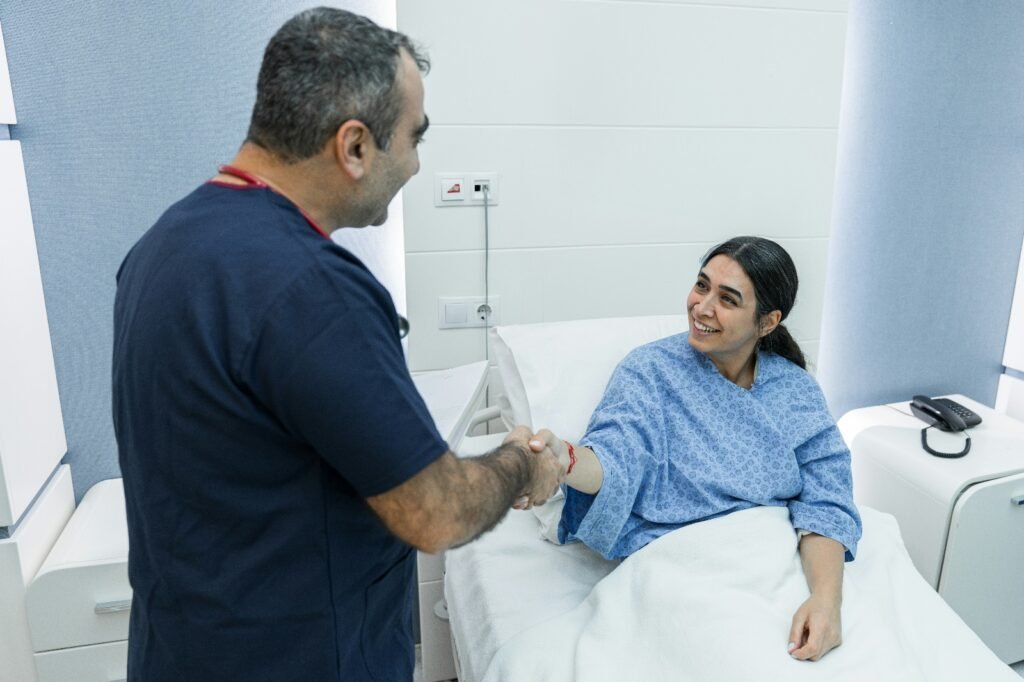Introduction
Emergency care is where care is provided on short notice to address urgent needs of vulnerable adults, including those which arise from unforeseen circumstances which can occur when they are being cared for at home. Emergency care facilitates maintaining the safety and wellbeing of the vulnerable adult in unpredictable circumstances, and is a core component of effective care provision for vulnerable adults.
At Tidal Living, we provide emergency care to facilitate immediate support for service users, for example where their regular care plan is otherwise disrupted, or where service users present with new needs which require urgent attention, including medical emergencies.
What is Emergency Care?
Emergency care is care which is provided in the event of an emergency, on short notice (often in under 24 hours), to meet urgent needs, such as a sudden injury, (i.e. a bone fracture), onset of a new, acute illness, or exacerbation of existing health conditions, for example acute confusion and/or delirium experienced by individuals with dementia and Alzheimer’s.
A carer, or carers (depending on the needs of the individual) are assigned to the service user, to provide them with prompt care which meets their urgent needs.
In essence, emergency care is short-term and intended to provide vulnerable adults with immediate, temporary support while a care assessment is being conducted, typically as the situation of the service user stabilises.
Generally, emergency care is provided in-home, allowing for service users to remain in familiar surroundings in the comfort of their own home. Emergency care can be provided on an hourly, visiting basis as needed, or can be provided as round-the-clock live-in care, depending on the needs of the individual.
When is Emergency Care Needed?
Emergency care is often required after a fall, or other injury. In this scenario, the emergency carer provides mobility assistance (for example, help getting around, conducting errands, and other day-to-day activities impaired by the injury) in addition to immediate support to the service user.
Also, emergency care can be necessary in the event of a sudden illness, where a service user’s health condition deteriorates suddenly, for example due to an infection or acute breakdown/crisis (exacerbation of existing health condition). In both instances, the emergency care worker(s) assigned by Tidal Living provide prompt, immediate care and support to service users.
In addition, emergency care can be provided after hospital discharge, where a service user is discharged from hospital after admission (i.e. after an acute crisis or serious illness/injury). The purpose of emergency care, in this case, is firstly to help the service user return safely from hospital to their own home, and secondly to facilitate stabilisation of their situation, prior to initiating a new care plan (if they are first-time service users) or revising an existing care plan (to take into account increased risk/changes in circumstances).
Furthermore, in the event of unexpected caregiver absences, whether the caregiver is an informal, unpaid caregiver (i.e. friend or family member of the vulnerable adult) or a professional caregiver, due to illness, travel, or other personal circumstances, Tidal Living provides emergency care in this instance, to provide care and support in the absence of the regular caregiver who usually looks after the service user.








